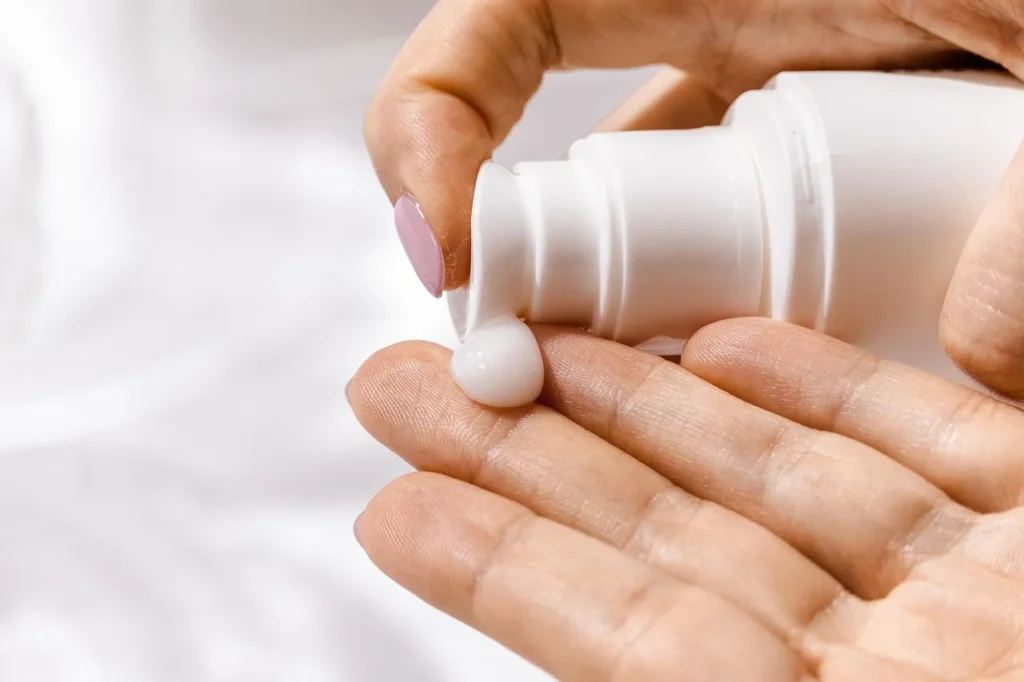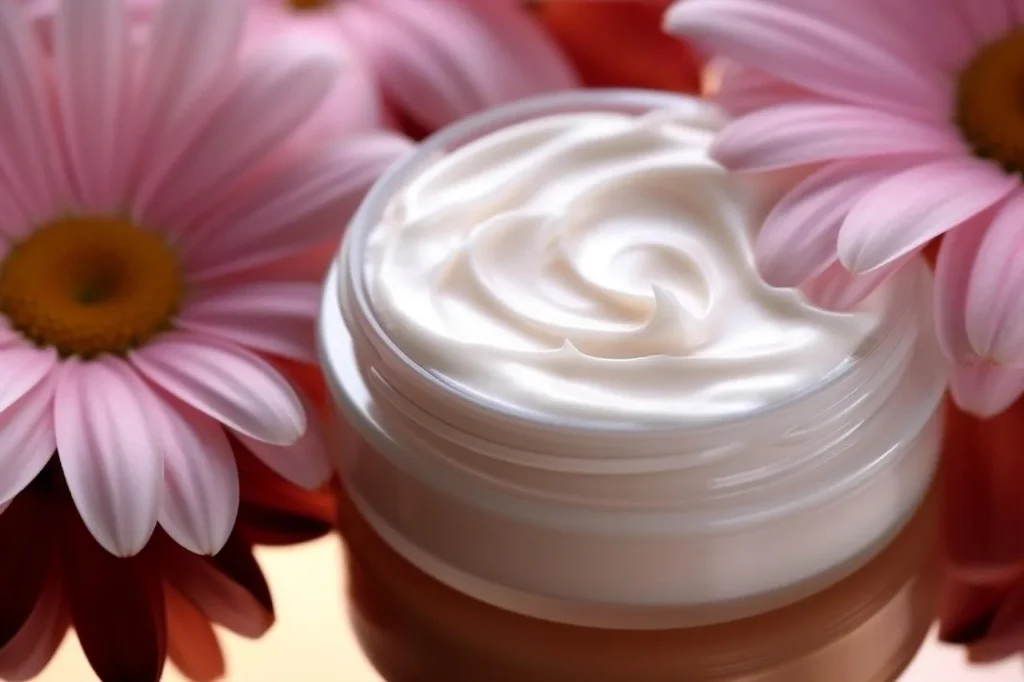

Oily skin and acne have long been misunderstood, with many myths surrounding their causes and treatment. People with oily skin often face stigmas and misconceptions, leading them to use harsh products that exacerbate their skin issues instead of improving them. In this blog, we will debunk common myths about oily skin and acne, and discuss the benefits of using products like niacinamide serum for oily skin and niacinamide moisturizer to manage these conditions effectively.
Myth 1: Oily Skin Doesn’t Need Moisturizing
One of the most persistent myths about oily skin is that it doesn’t require moisturization. Many people believe that moisturizing will only add to the oiliness, leading to more breakouts. However, this is far from the truth. Oily skin still needs moisture to stay healthy and balanced.
In fact, skipping moisturizer can actually make the skin produce more oil to compensate for the lack of hydration, which can worsen acne. The key is to use the right type of moisturizer, such as a niacinamide moisturizer. Niacinamide helps regulate oil production, making it ideal for oily skin. It also provides anti-inflammatory benefits, which can reduce redness and acne-related irritation.
Myth 2: Oily Skin Causes Acne
While oily skin can contribute to acne, it is not the sole cause. Acne occurs when hair follicles become clogged with oil, dead skin cells, and sometimes bacteria. However, not everyone with oily skin will experience acne, and not everyone with acne has oily skin. The condition can be influenced by a variety of factors, including genetics, hormonal imbalances, diet, and lifestyle.
Using the right skincare products can help regulate excess oil production and prevent clogged pores. A niacinamide serum for oily skin is a great choice to address this issue. Niacinamide helps to balance oil production and has been shown to reduce the appearance of pores, making it a perfect ingredient for those prone to acne.
Myth 3: Acne Treatments Should Be Harsh and Drying

A common misconception is that acne treatments should be harsh and drying in order to be effective. Many people with oily skin or acne turn to products that strip their skin of moisture in an attempt to eliminate excess oil. While this may initially seem like a good solution, it can lead to skin irritation, increased oil production, and even more breakouts.
Instead, focus on gentle but effective skincare products. Niacinamide is a great example. It has soothing properties and is non-irritating, making it an excellent choice for sensitive, acne-prone skin. By incorporating a niacinamide serum for oily skin into your routine, you can maintain a balanced complexion without drying out your skin.
Myth 4: All Acne Products Will Cause Dryness and Flakiness
While it’s true that some acne treatments can cause dryness and peeling, this is not a universal experience. Not all acne products are created equal, and many modern formulations are designed to treat acne without causing unnecessary dryness.
Niacinamide is one such ingredient. Unlike harsh acne treatments that strip the skin, niacinamide moisturizers and serums work to hydrate the skin while treating acne. They do this by improving the skin’s barrier function, which prevents moisture loss and protects the skin from external irritants. This makes niacinamide a must-have for anyone struggling with both oily skin and acne.
Myth 5: Sunscreen Is Not Necessary for Oily Skin
Another myth is that oily skin doesn’t need sunscreen because it’s already naturally protected by oil. This belief is not only incorrect but also dangerous. Sunscreen is essential for all skin types, including oily skin. UV damage can lead to premature aging, pigmentation, and even skin cancer, so skipping sunscreen is never a good idea.
For oily and acne-prone skin, look for oil-free, non-comedogenic sunscreens that won’t clog your pores. Some sunscreens even contain niacinamide, which offers additional benefits for oily and acne-prone skin by reducing inflammation and regulating oil production.
Myth 6: You Should Avoid All Oil-Based Products

Another widespread myth is that people with oily skin should avoid oil-based products altogether. While it’s important to avoid comedogenic (pore-clogging) oils, not all oils are bad for oily or acne-prone skin. Certain oils, like jojoba oil and tea tree oil, can be beneficial due to their anti-inflammatory properties and ability to balance oil production.
Moreover, using a niacinamide moisturizer or niacinamide serum for oily skin can help regulate the skin’s oil production without the need to avoid oils completely. Niacinamide also helps to reduce acne flare-ups, making it a powerful ally for anyone dealing with oily skin and acne.
Conclusion
Oily skin and acne are complex conditions that are often misunderstood due to the prevalence of myths and misconceptions. By debunking these myths and understanding the importance of a balanced skincare routine, you can take control of your skin’s health.
Incorporating products like niacinamide serum for oily skin and niacinamide moisturizer into your skincare routine can help regulate oil production, reduce inflammation, and keep acne at bay. These products are gentle yet effective, offering a non-drying solution for oily and acne-prone skin.
By busting these myths and embracing the right skincare approach, you can achieve clear, healthy skin that is beautifully balanced.






Leave a Reply